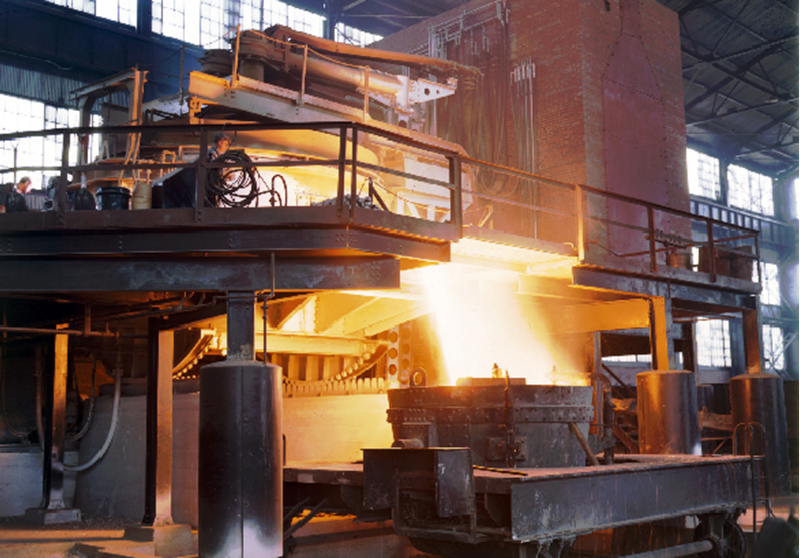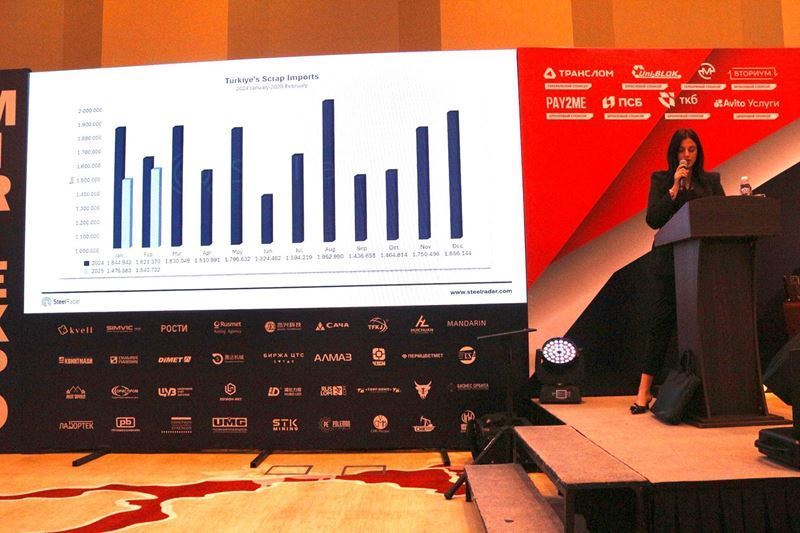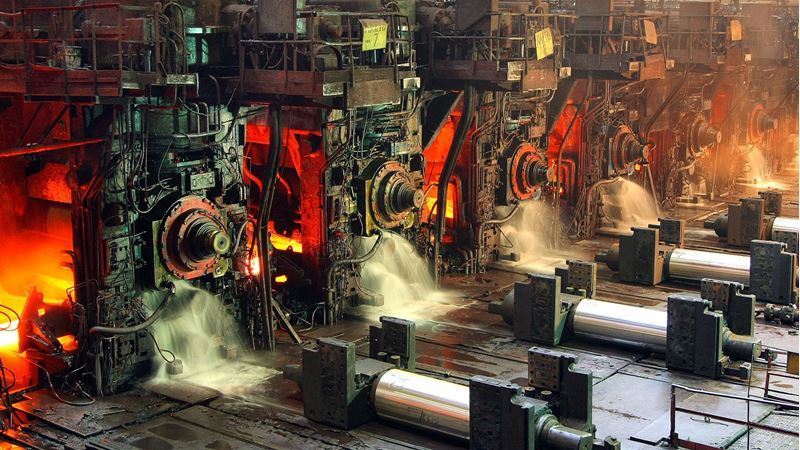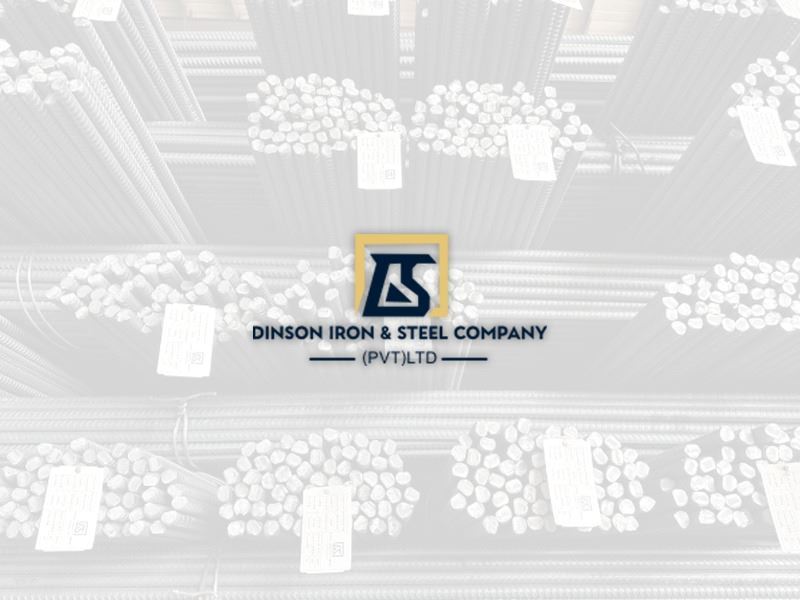Thai steel manufacturers G Steel and GJ Steel are seeking investment incentives from Thailand's Board of Investment (BoI) for a 4.5 billion baht (around USD 131 million) development project aimed at addressing challenges in the local steel market and reducing carbon dioxide emissions.
G Steel and GJ Steel are recognized leaders in eco-friendly steel manufacturing in Thailand, employing electric arc furnace (EAF) technology that significantly reduces carbon dioxide emissions by resmelting scrap steel. Both companies are subsidiaries of Nippon Steel Corporation, which invested 40 billion baht (around USD 1.17 billion) in G Steel and GJ Steel in 2022 to strengthen its position in Thailand’s steel industry.
Somsak Leeswadtrakul, the founder and honorary chairman of both companies, highlighted that despite employing over 1,000 workers, their production capacity remains low due to an influx of low-quality, inexpensive foreign steel. He stressed that if the government takes action against dumping, their advanced facilities could significantly increase production and reduce dependence on imported steel.
The BoI outlined that the three-year development plan will focus on enhancing the production of hot-rolled sheets. G Steel plans to invest 3 billion baht (around USD 88 million) to upgrade technology at its Rayong plant, while GJ Steel will allocate 1.5 billion baht (around USD 44 million) to improve machinery at its Chon Buri facility. Both companies plan to support the Thai government's carbon neutrality targets by improving the management of raw materials from recycled steel.
Somsak noted that Nippon Steel’s involvement is expected to improve the efficiency and quality of the two factories, potentially positioning them as leading steel producers in Southeast Asia. Additionally, he emphasized the importance of addressing the issue of low-quality steel imports, noting that the steel industry is vital for Thailand's industrial sector and could save the country significant foreign exchange by reducing imports.
Thailand has the highest steel consumption per capita in ASEAN, with an annual rate of 234 kilograms per person, according to the BoI.











Comments
No comment yet.